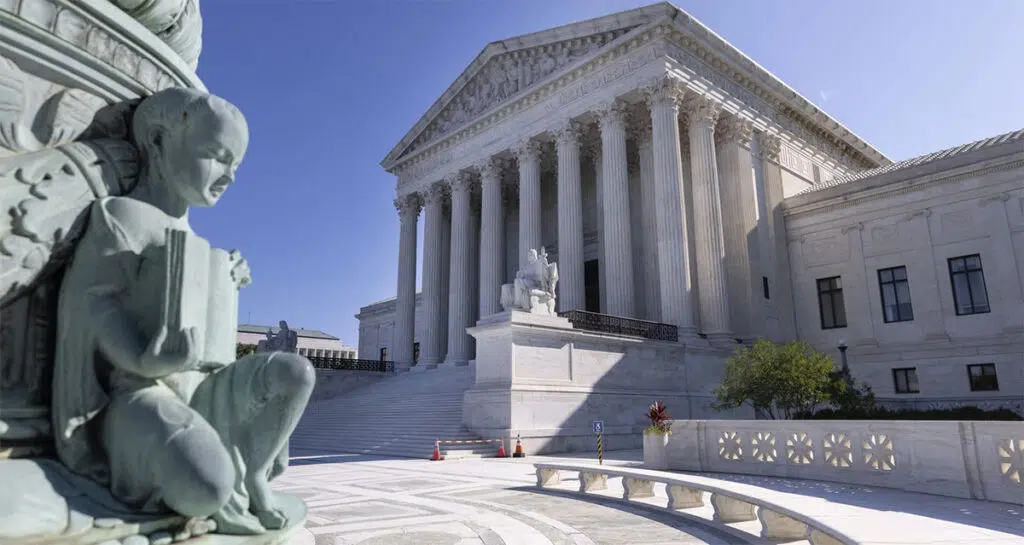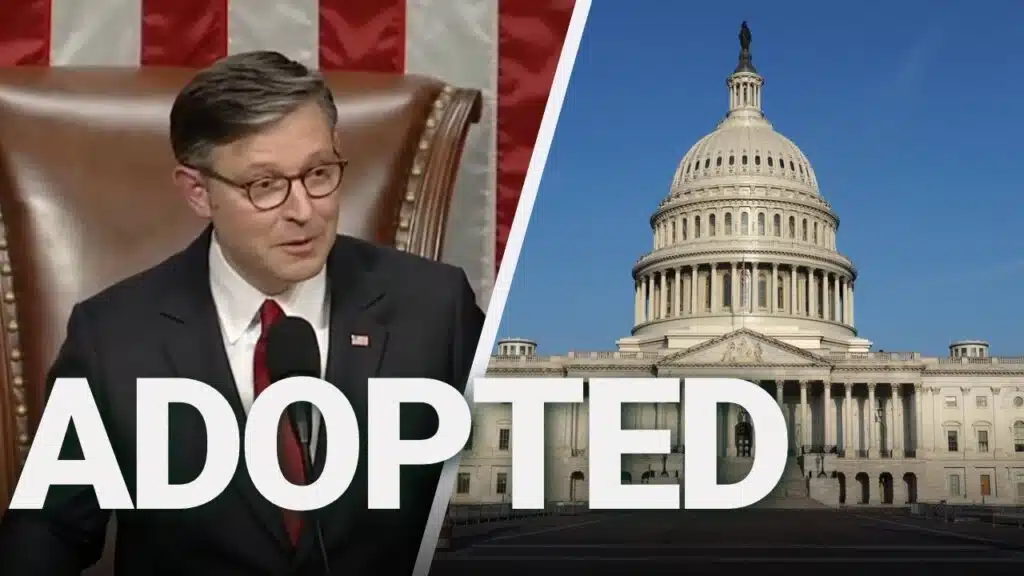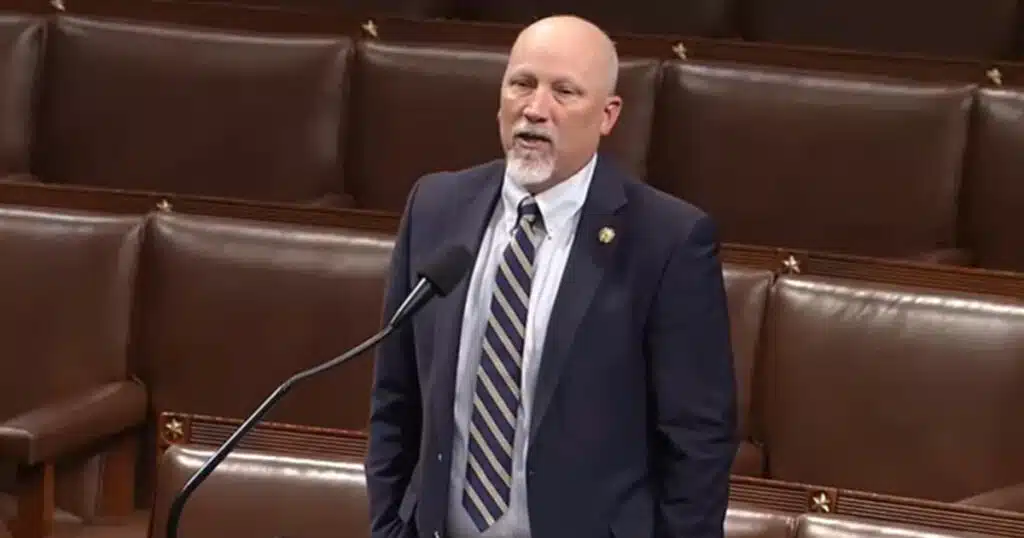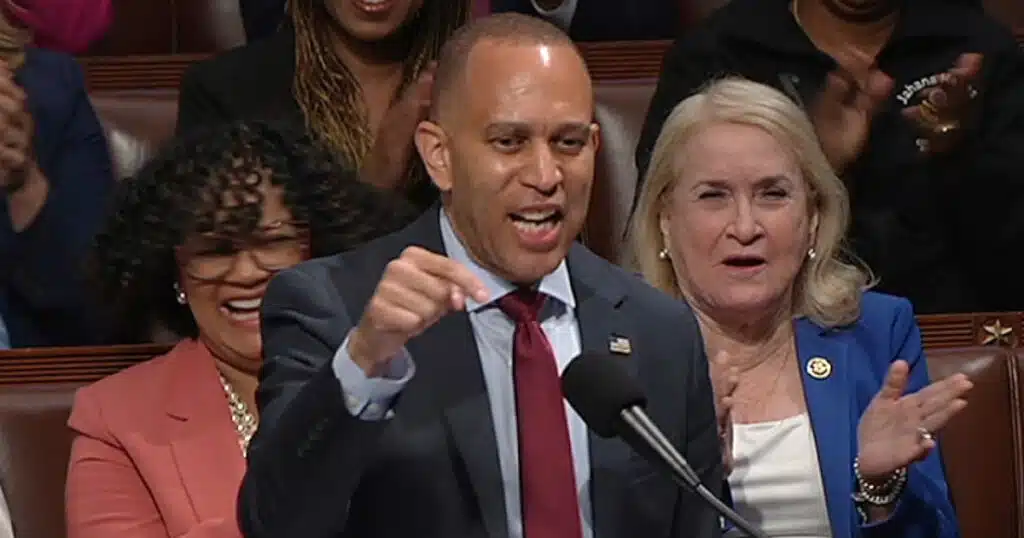
SCOTUS Should Review Climate Cases to Stop the Gaming of an Outdated Legal Doctrine
The U.S. Supreme Court is scheduled to decide, as early as April 21, whether to review lawsuits that are trying to remake America’s climate policy through litigation. The precise legal question is procedural—whether lawsuits seeking to make energy producers liable for climate change should be heard in federal or state courts—but the litigation is stirring a national debate. Presidential administrations, states, and federal courts are deeply divided on the law and implications of the litigation, with one judge urging the Supreme Court to resolve these “confounding” issues.
So far, about two dozen climate lawsuits against energy producers have been filed around the country. This litigation is really political in nature, born out of frustration among some groups that their climate policies were not being adopted in Congress or the administrations. There is no doubt that climate change is a critical issue and must be addressed. However, by going to the courts to impose their policies—here to “raise the price” of oil and gas on American consumers—they are trying to bypass the checks and balances of the legislative and regulatory processes.
Their strategy depends on circumventing the federal judiciary. That’s because when a previous climate case went to the Supreme Court in 2011, the Court unanimously held that federal claims over climate change were displaced by the Clean Air Act. It also explained that climate change raises federal policy matters for regulators, not liability issues for courts. Following this precedent, the U.S. Court of Appeals in 2021 threw out New York City’s climate lawsuit—which was nearly identical to the ones in the Supreme Court today.
Now, the groups are desperately trying to keep their other cases out of federal court. To do that, they packaged their lawsuits to allege only state law violations and filed them in state courts. Whether there are actual state law violations is highly questionable, but their goal for now is simply to stay out of federal court and amass state filings as a tactic to pressure the energy industry. The question for the Supreme Court is whether this attempt to get around its precedent is permissible.
So far, their plan has worked. After the cases were filed in state courts, the defendants removed them to the federal judiciary, arguing that federal courts must take jurisdiction over these cases. They explained that, even though the lawsuits are masked as state claims, they are really about federal laws relating to climate and energy, the international production and use of oil and gas, and emissions from many sources of greenhouse gases around the world. These issues, including how to pay for climate adaptation around the country, are beyond the scope of state law and state courts.
Federal courts have been sympathetic to these arguments, but have said the law for when cases filed in state court can be removed to the federal judiciary is narrow and did not contemplate this scheme. For example, the Third Circuit appreciated that what plaintiffs “take issue with the oil companies’ entire business, from production through sale,” as well as their use by consumers. A Ninth Circuit panel acknowledged the litigation raises “novel and sweeping causes of action.” Yet, both courts held these claims do not satisfy any of the existing reasons for removal.
Judge David Stras, a federal appellate judge in the Eighth Circuit, underscored their dilemma a few weeks ago in Minnesota’s climate case. Although he agreed that, under current removal law, the case should be sent back to state court, he made the case in a concurring opinion as to why this result is wrong: “There is no hiding the obvious, and Minnesota does not even try: it seeks a global remedy for a global issue.” He said it is up to the Supreme Court to update the removal rules so that the state cannot “artfully plead[] around them.”
The need for the Court to grant review is underscored by the politics around the litigation. Several states are plaintiffs in the lawsuits, whereas many states have filed briefs against them. The federal government—under both Obama and Trump—saw these issues as legislative and federal issues. But the Biden administration, saying it “reexamined its position” because of the “change in Administration,” filed a brief in support of state jurisdiction. A controversial multistate dispute over a consequential legal matter is the exact type of case the Supreme Court should review.
At the end of the day, when it comes to the fight against climate change, we should be working with, not against, each other. Meaningful action requires leadership and innovation so we can produce and use energy in ways that are affordable for people and sustainable for the planet. The manufacturing community has invested heavily in these efforts, making manufacturing cleaner and more sustainable than ever. These are the types of solutions that policymakers should be advancing, and this litigation does none of that.
Phil Goldberg is special counsel to the Manufacturers’ Accountability Project.
This article was originally published by RealClearEnergy and made available via RealClearWire.



